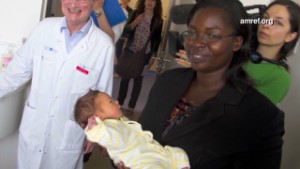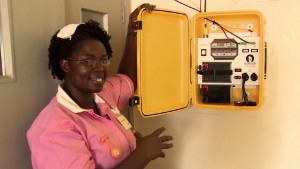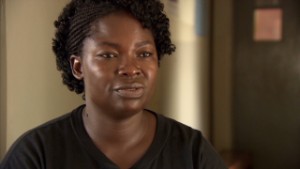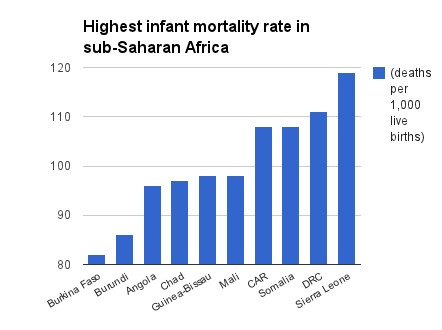Pakistan elections: Imran Khan out but not down
 Mr Khan made a shaky start to his political career in the mid-1990s
Mr Khan made a shaky start to his political career in the mid-1990s
It has been like a drawn test match for Pakistani cricket hero-turned-politician Imran Khan.
He played a long, dogged innings, and though he could not lead his team to victory, he has avoided a defeat.His party has emerged as the largest in the north-western Khyber Pakhtunkhwa (KP) province, a region that has borne the brunt of attacks by Taliban militants.
He has also won one, and may win another, of the 12 parliamentary seats from the Federally Administered Tribal Areas (Fata), a strip of land adjacent to KP where Taliban militants fighting the Nato forces in Afghanistan have sanctuaries.
Remarkable achievement It wasn't until final results were released that it emerged that Mr Khan had only narrowly missed out on securing the legally important position of leader of the opposition in the national parliament.
For many, however, his has been a remarkable achievement, and one which will see his party make further inroads into the Punjab heartland from where it bagged a substantial amount of votes, though fewer seats.

The BBC's Orla Guerin speaks to Imran Khan during the campaign trail
He suffered three minor fractures in the spine but his nervous system was unharmed. His doctor has told the BBC that Mr Khan will have another two weeks of bed rest before walking again with the help of a brace. He is set to make a full recovery over the coming weeks, his doctors say.
In an end-of-the campaign speech from his hospital bed last week - which was broadcast to a rally in the capital Islamabad via a video link - he seemed to open his heart to his audience when he talked about the long struggle which was about to come to fruition, and the sacrifices he had had to make, including the pain of losing his wife.
"My wife, poor woman, she had to leave me because they wouldn't let her live in peace," he said in an emotional moment.
An international cricketing celebrity, Mr Khan led Pakistan to its cricket World Cup triumph in 1992.
But he made a shaky start of his political innings back in the mid-1990s.
He was harassed by the conservative and Islamist circles who accused him of being a "Zionist gent".
This was because he had married an English heiress, Jemima Goldsmith, whose father, Sir James Goldsmith, came from a Jewish background.
The marriage lasted nine years and produced two children, both boys.
Playboy-turned-puritan To the electorate, he came across as a political lightweight who had no ideological moorings and only ambiguous views on crucial issues.
His message of Islamic values and the formation of an Islamic welfare state that would not be a slave of the West were interpreted by many as the ramblings of a "playboy-turned-puritan
During the last couple of years he seems to have burst into aggressive batting, and has suddenly caught the fancy of the crowds.”
He suffered an early scandal
when a widely respected welfare activist, Abdus Sattar Edhi, took
temporary refuge in London, saying he was being threatened by a group
that included Mr Khan and Hamid Gul, a former chief of Pakistani
intelligence (ISI).
In a 2010 interview, Mr Edhi explained: "They wanted to
topple [Prime Minister] Benazir Bhutto's government, and wanted to fire
their guns from my shoulder. When I refused, they threatened to kidnap
me. I'm not the political type, so I caught a flight to London."The charge was denied by Mr Khan's party which said that Mr Khan only wanted Mr Edhi to join him in a pressure group "to push the government into spending more on health, education and welfare".
More recently, there were allegations that another former ISI chief, General Shuja Pasha, helped boost his political support, a charge the party denies.
A 'new Pakistan' Despite his celebrity appeal and hero's status, he could only win one seat in the 2002 elections. He boycotted the elections in 2008.
But during the last couple of years he seems to have burst into aggressive batting, and has suddenly caught the fancy of the crowds.
He has done this by promising a "new" Pakistan, and getting rid of the old guard who he says have been "fixing the matches so that they can take turns at power".
As election results show, he holds greater appeal in the north-west - inhabited by ethnic Pashtuns - presumably because he himself comes from the Pashtun Niazi tribe, settled in the Mianwali region of Punjab province.
And his opposition of the US-led war against militancy has also touched a chord with the people of this region.
His argument that militancy in Pakistan is the direct result of the American invasion of Afghanistan, and that it would end once the Western troops leave that country, has gone down well with the youth in the north-west.
His rhetoric to shoot down the American drones also appealed to the Pashtun people in the tribal areas, who have been at the sharp end of the drones for several years.
Whether he will interfere with Nato's 2014 exit through Pakistan if he is able to form a government in KP is a question that only time will answer.
One thing is clear. He is going to have a solid block of votes on the opposition benches in the national parliament and he will use them to maximum effect to pave the way for a victory in the next elections.
He is just 61 years old and generally in good health. If nothing serious has happened to his back, he will soon be back on his feet. The match is over, but the series is on.





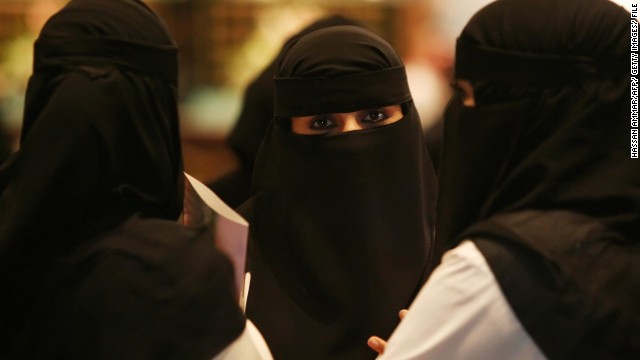
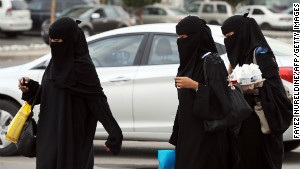
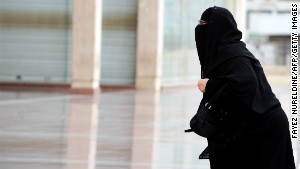
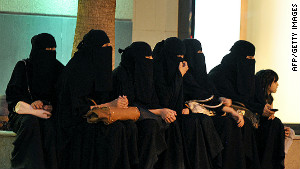
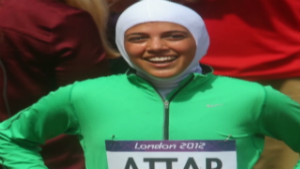
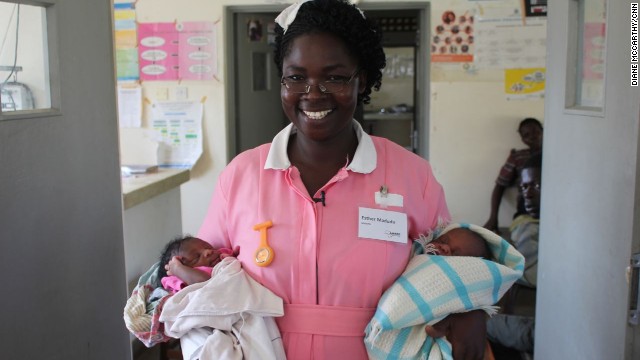 Ugandan midwife Esther Madudu has
been chosen by AMREF to front its "Stand Up For African Mothers"
campaign, an initiative aiming to train an additional 15,000 midwives by
2015.
Ugandan midwife Esther Madudu has
been chosen by AMREF to front its "Stand Up For African Mothers"
campaign, an initiative aiming to train an additional 15,000 midwives by
2015.
